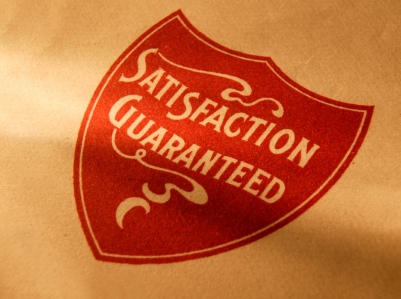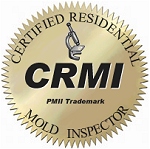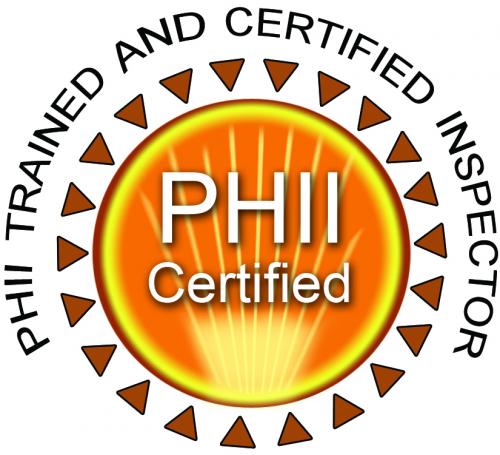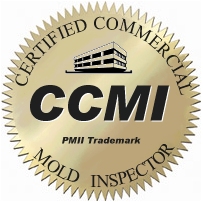|
BlogsUnderstanding your septic systemA septic system is the most common private sewer system. This application is used when city sewer systems are not available for connection when a house is built.
The majority of the material that enters the tank is in liquid form. Inside the tank, most of the solids are turned into gases or liquids. The breakdown of the solids is due to bacteria action. The liquid then is dispersed into the drain field
If a septic system is not working properly, it can pose a health hazard and should be corrected as soon as possible. Homeowners should keep an eye out for water pooling above the drain filed or strong odors coming from the field. The overloading of the drain field, soil breakdown, high water tables and leaking tanks are all problems that can lead to system failure. Septic systems, if possible, should be a safe distance from water supply sources. If your home has a septic system, it is imperative that you maintain it to keep it running as efficiently as possible. The system should be inspected annually and the tank should be pumped every two to five years, or as recommended by the manufacturer. Strong detergents should not be allowed into the septic system. This will cause the bacteria inside the tank to be destroyed. Homeowners also should consider keeping too much water from flushing out the system. If too much water floods the system, it can cause solids to perolate into the ground without being broken down by the bacteria If proper servicing and maintenance is followed for your septic system, you can look forward to efficient waste treatment for years. Jonathan Meeker is a certified California home inspector. If you have any questions or comments, Mr. Meeker can be reached at VIA e-mail at jonathan@jnrinspections.com. Have an opinion on this matter? We'd like to hear from you.
Originated by Michael Pickens on www.frostillustrated.com. Edited by 1CallDone Inspections
Submitted by JonathanMeeker on Sun, 04/12/2009 - 22:12.
|
Free recall check on all
appliances with each inspection!
 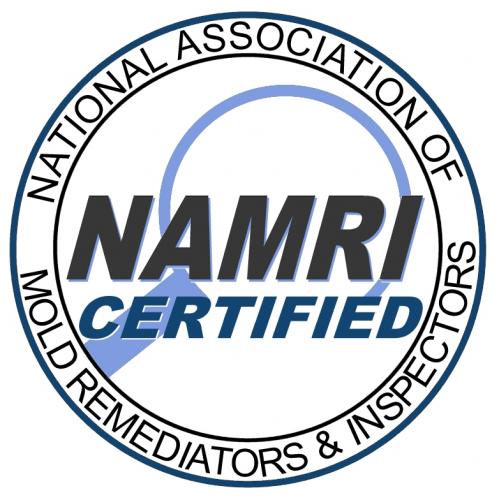 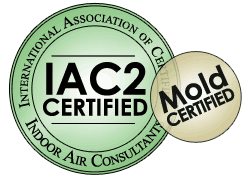  200% Guarantee DetailsOur 200% guarantee is so straight forward there is no need for fine print or searching endlessly…Here are the details in the front page;
If at time during inspection and before delivery of the report you do not like our services, what we are doing or any other matter, just tell us and we will leave..no questions asked. We will not charge you for the trip, time or anything else. We will then pay up to $300.00 for another inspector of your choice to come and complete your inspection upon presentation of their bill or receipt! |

